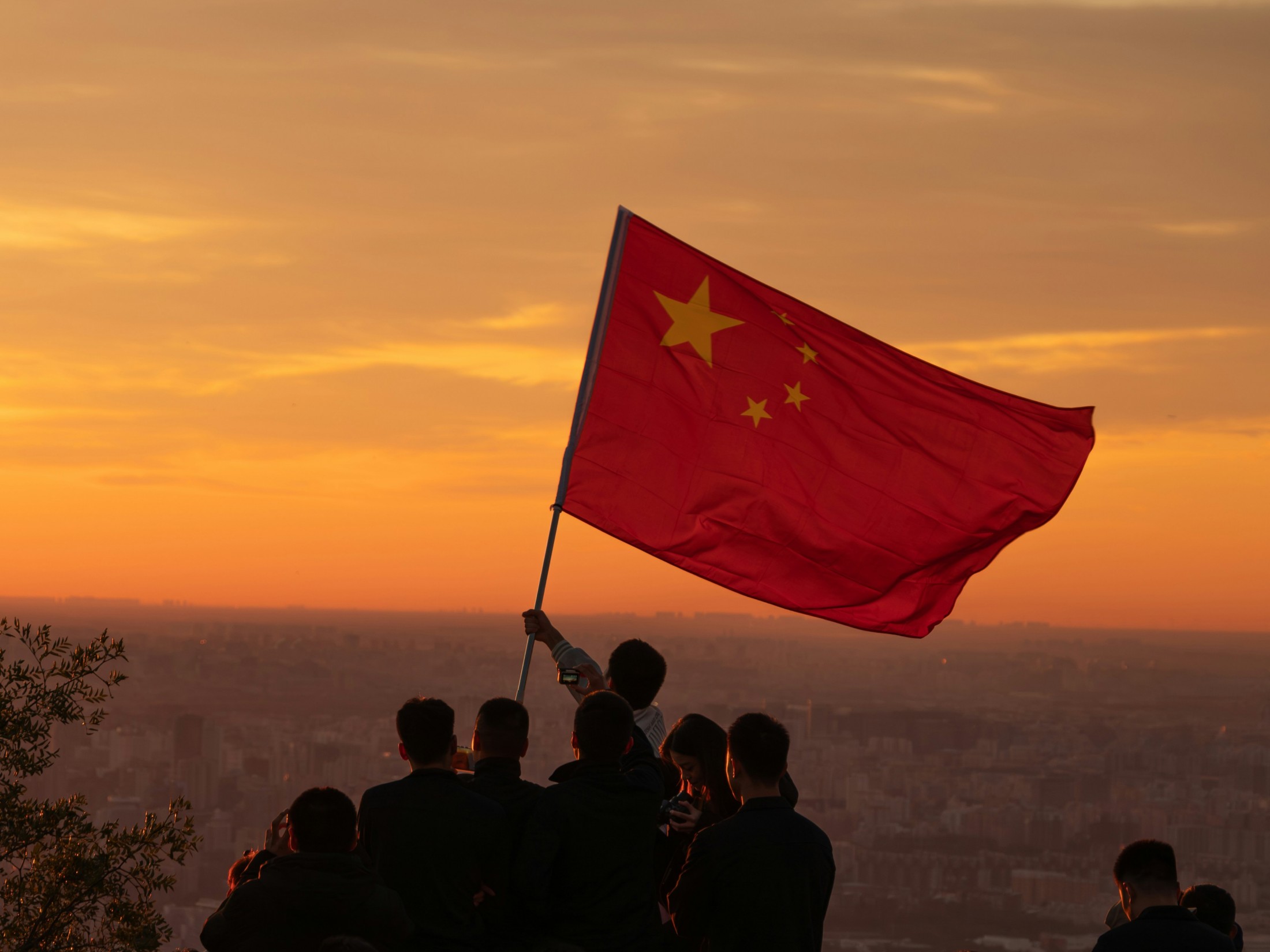AI assistants that actually do things

China’s tech companies will drive adoption of the MCP (Model Context Protocol) standard that transforms AI assistants from simple chatbots into powerful digital helpers.
MCP works like a universal connector that lets AI assistants interact directly with favourite apps and services – enabling them to make payments, book appointments, check maps, and access information on different platforms on users’ behalves.
As reported by the South China Morning Post, companies like Ant Group, Alibaba Cloud, and Baidu are deploying MCP-based services and positioning AI agents as the next step, after chatbots and large language models. But will China’s MCP adoption truly transform the AI landscape, or is it simply another step in the technology’s evolution?
Why China’s MCP adoption matters for AI’s evolution
The Model Context Protocol was initially introduced by Anthropic in November 2024, at the time described as a standard that connects AI agents “to the systems where data lives, including content repositories, business tools and development environments.”
MCP serves as what Ant Group calls a “USB-C port for AI applications” – a universal connector allowing AI agents to integrate with multiple systems.
The standardisation is particularly significant for AI agents like Butterfly Effect’s Manus, which are designed to autonomously perform tasks by creating plans consisting of specific subtasks using available resources.
Unlike traditional chatbots that just respond to queries, AI agents can actively interact with different systems, collect feedback, and incorporate that feedback into new actions.
Chinese tech giants lead the MCP movement
China’s MCP adoption by tech leaders highlights the importance placed on AI agents as the next evolution in artificial intelligence:
- Ant Group, Alibaba’s fintech affiliate, has unveiled its “MCP server for payment services,” that lets AI agents connect with Alipay’s payment platform. The integration allows users to “easily make payments, check payment statuses and initiate refunds using simple natural language commands,” according to Ant Group’s statement.
- Additionally, Ant Group’s AI agent development platform, Tbox, now supports deployment of more than 30 MCP services currently on the market, including those for Alipay, Amap Maps, Google MCP, and Amazon Web Services’ knowledge base retrieval server.
- Alibaba Cloud launched an MCP marketplace through its AI model hosting platform ModelScope, offering more than 1,000 services connecting to mapping tools, office collaboration platforms, online storage services, and various Google services.
- Baidu, China’s leading search and AI company, has indicated that its support for MCP would foster “abundant use cases for [AI] applications and solutions.”
Beyond chatbots: Why AI agents represent the next frontier
China’s MCP adoption signals a shift in focus from large language models and chatbots to more capable AI agents. As Red Xiao Hong, founder and CEO of Butterfly Effect, described, an AI agent is “more like a human being” compared to how chatbots perform.
The agents not only respond to questions but “interact with the environment, collect feedback and use the feedback as a new prompt.” This distinction is held to be important by companies driving progress in AI.
While chatbots and LLMs can generate text and respond to queries, AI agents can take actions on multiple platforms and services. They represent an advance from the limited capabilities of conventional AI applications toward autonomous systems capable of completing more complex tasks with less human intervention.
The rapid embrace of MCP by Chinese tech companies suggests they view AI agents as a new avenue for innovation and commercial opportunity that go beyond what’s possible with existing chatbots and language models.
China’s MCP adoption could position its tech companies at the forefront of practical AI implementation. By creating standardised ways for AI agents to interact with services, Chinese companies are building ecosystems where AI could deliver more comprehensive experiences.
Challenges and considerations of China’s MCP adoption
Despite the developments in China’s MCP adoption, several factors may influence the standard’s longer-term impact:
- International standards competition. While Chinese tech companies are racing to implement MCP, its global success depends on widespread adoption. Originally developed by Anthropic, the protocol faces potential competition from alternative standards that might emerge from other major AI players like OpenAI, Google, or Microsoft.
- Regulatory environments. As AI agents gain more autonomy in performing tasks, especially those involving payments and sensitive user data, regulatory scrutiny will inevitably increase. China’s regulatory landscape for AI is still evolving, and how authorities respond to these advancements will significantly impact MCP’s trajectory.
- Security and privacy. The integration of AI agents with multiple systems via MCP creates new potential vulnerabilities. Ensuring robust security measures across all connected platforms will be important for maintaining user trust.
- Technical integration challenges. While the concept of universal connectivity is appealing, achieving integration across diverse systems with varying architectures, data structures, and security protocols presents significant technical challenges.
The outlook for China’s AI ecosystem
China’s MCP adoption represents a strategic bet on AI agents as the next evolution in artificial intelligence. If successful, it could accelerate the practical implementation of AI in everyday applications, potentially transforming how users interact with digital services.
As Red Xiao Hong noted, AI agents are designed to interact with their environment in ways that more closely resemble human behaviour than traditional AI applications. The capacity for interaction and adaptation could be what finally bridges the gap between narrow AI tools and the more generalised assistants that tech companies have long promised.
See also: Manus AI agent: breakthrough in China’s agentic AI
Want to learn more about AI and big data from industry leaders? Check out AI & Big Data Expo taking place in Amsterdam, California, and London. The comprehensive event is co-located with other leading events including Intelligent Automation Conference, BlockX, Digital Transformation Week, and Cyber Security & Cloud Expo.
Explore other upcoming enterprise technology events and webinars powered by TechForge here.



